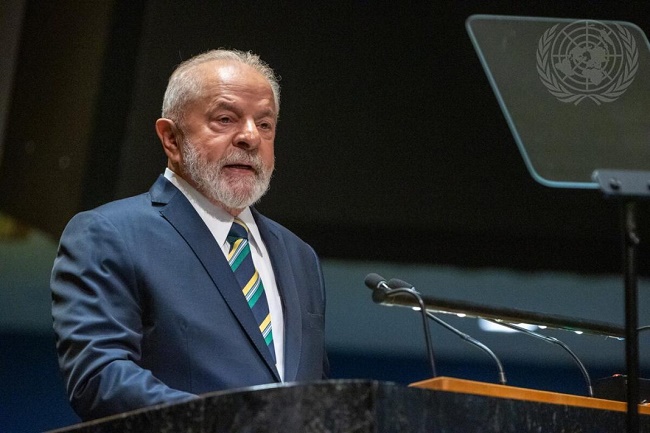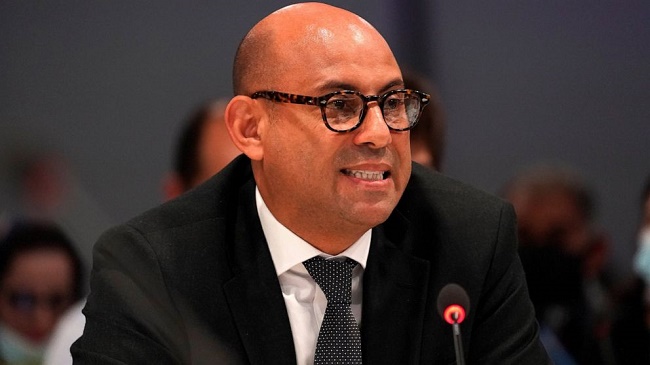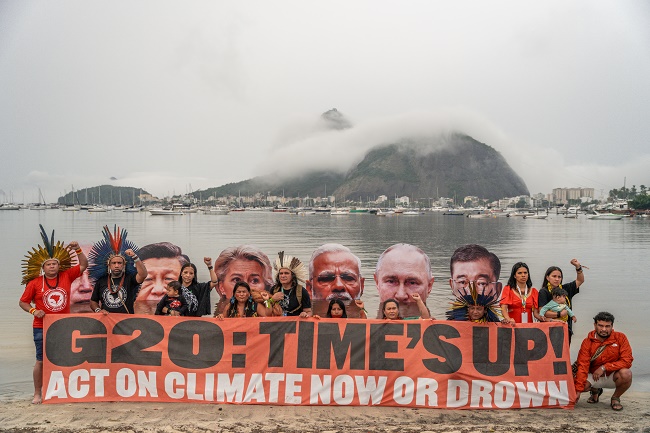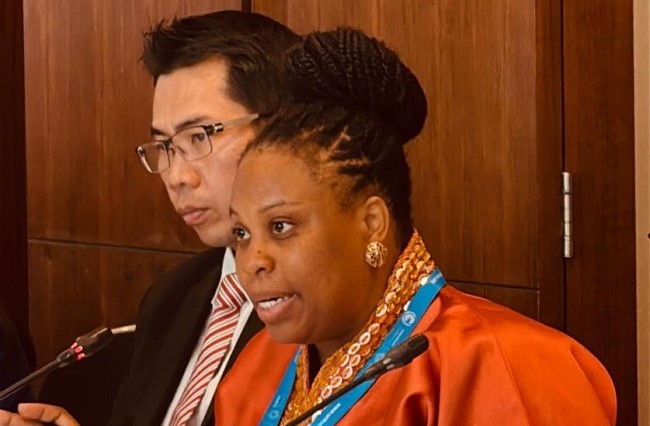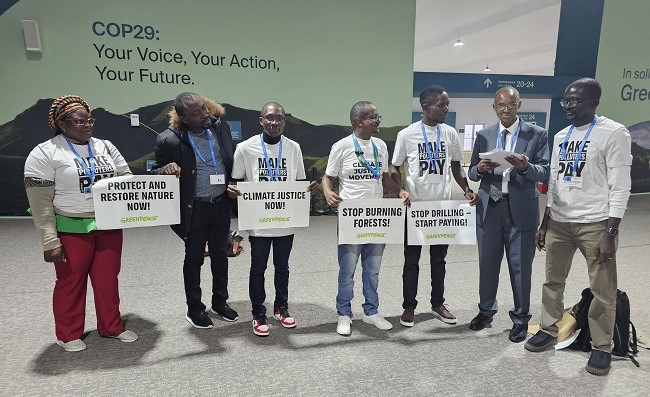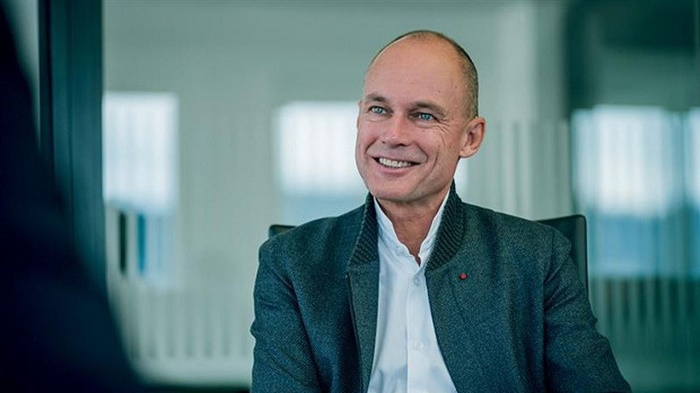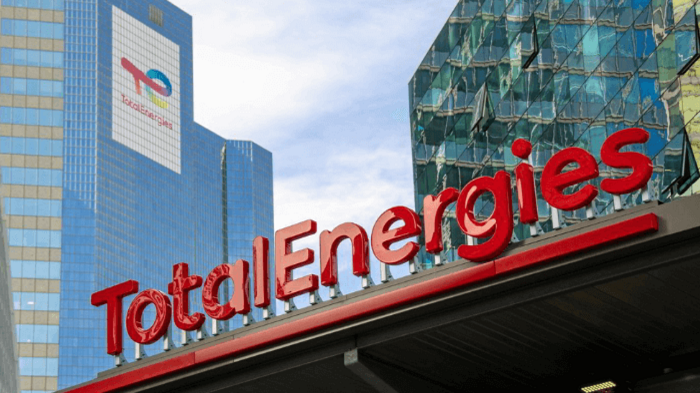Lagos State Deputy Gov., Obafemi Hamzat, has called for collaboration between government and citizens to drive development.

Hamzat made the call at the grand finale of the Ikorodu Oga Day Festival held at the king’s palace on Saturday, November 16, 2024.
The Ikorodu Oga Day Festival is an annual celebration which has been running for over 30 years.
The festival showcases the community’s rich cultural heritage and tourism potential.
The deputy governor commended residents of Ikorodu for their support, cooperation and peaceful coexistence.
He urged them to continue to support the state government to bring more dividends of democracy to them.
According to him, with continued collaboration between the state government and the residents, Ikorodu is poised for sustained growth and development.
Sen. Adetokunbo Abiru (Lagos East) also praised the people of Ikorodu for their support and urged them to work in synergy to foster development in the community.
Rep. Babajimi Benson, Chairman, House Committee on Defence, expressed gratitude to traditional rulers in Ikorodu as well as other residents for organising the festival.
Benson gave the assurance that more developmental projects would be implemented in the community in fulfillment of his election campaign promises.
“The projects I facilitated were to give dividends of democracy to my community as a result of the massive votes delivered to me during the elections,” he said.
Oba Kabir Shotobi, the Ayangburen of Ikorodu, also thanked Lagos State Government and other stakeholders for contributing to the development of Ikorodu.
“Today, I see the impact of government in Ikorodu, the state government is committed to infrastructure development and improving the lives of the residents.
“The government has initiated various projects aimed at enhancing socio-economic development and mitigating rural-urban migration,” he said.
Mr Rotimi Erogbogbo, Chairman of the Ikorodu Development Association, called for continued unity among stakeholders in Ikorodu.
He emphasised the need for a shared vision and strategy to drive progress in the community.
Erogbogbo urged Lagos State Government to provide more dividends of democracy to Ikorodu residents.
Erogbogbo highlighted the significance of the festival, saying that it was about celebrating culture, values and commitment to hard work and selflessness.
“This festival is not just about culture, it is also about celebrating our successes and progress, and the heights we aim to reach,” he said.
The highpoint of the event was presentation of N100,000 to each of selected 79 indigent students in higher institutions of learning.
Also, notable individuals were recognised for contributions to societal development.
Members of Lagos State House of Assembly, chieftains of All Progressives Congress, traditional rulers, community leaders and others attended the event.
By Oluwatope Lawanson and Adepote Arowojobe

